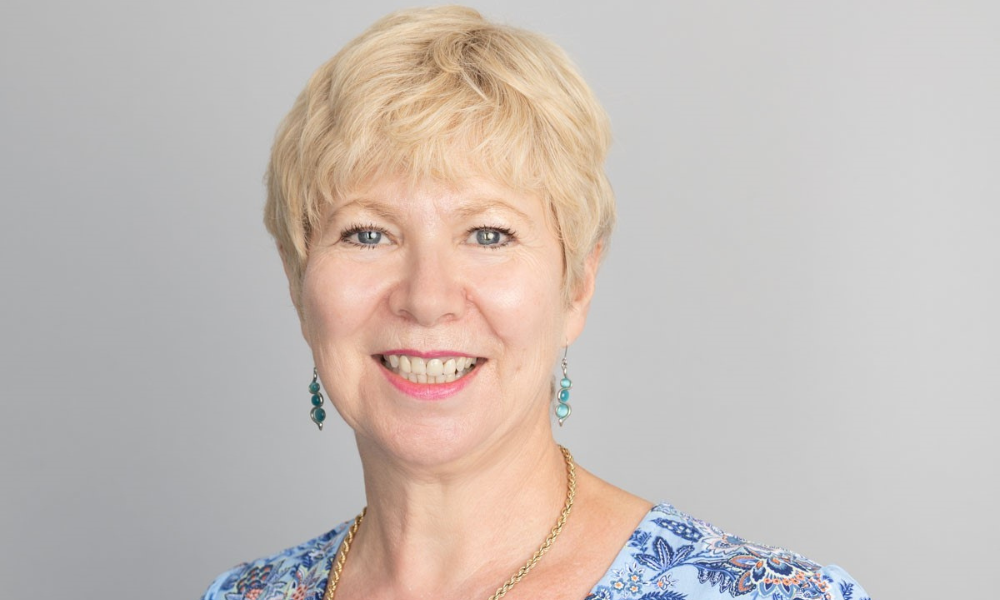Modern day economic and social factors influence income streams

As a challenging economy dominates headlines, many borrowers worried by the financial outlook have been seeking alternative ways to generate additional income to secure a mortgage.
But while multiple income streams have become more prevalent in recent years - even before the downturn – they can be problematic for brokers looking to place prospective buyers with lenders.
“One of the most complex situations we come across in the mortgage application process relates to customers with multiple income streams,” said Jean Errington business development manager at Harpenden Building Society.
Income diversification had increased during the pandemic, explained Errington (pictured). “Memorable instances I remember included publicans creating a takeaway service during lockdown, right through to individuals with a regular job developing a hobby, like baking, to create a valuable additional income,” she recalled.
Modern day income
Income could come in many different shapes and forms, created by a range of modern day economic and social factors, suggested Errington.
Read more: Brokers – why you need to know about the specialist market
According to the Henley Business School, as many as one in four adults (39% of those in employment) had a secondary business or job that brought in, or had the potential to bring in, extra income.
“To put this into context the same report states that secondary jobs generate income worth £72 billion for the UK, or about 3.6% of UK GDP, no small amount and a worthy contributor in the mortgage space,” Errington said.
However, with the UK economy shrinking by 0.3% and affordability issues continuing to unsettle the market, she noted that not all lenders would accept a secondary income stream. It was important brokers had access to lenders which would consider complex incomes.
Tough times provide opportunities
Even though mortgage rates had risen in line with the base rate, there were still products available for those with complex applications, Errington stated. Partnering with a specialist lender could broaden brokers’ toolboxes and allow them to offer a greater range of products to customers with multiple streams of income.
Specialist lenders had the capability to consider cases on an individual basis, and therefore offered more flexible solutions, she advised. Harpenden Building Society included earnings from second jobs, as well as income generated from pensions, trust income, maintenance and investment, on top of standard employed and self-employed.
Read more: "Mortgage accessibility for self-employed only becoming harder"
Errington also noted that specialist lenders could often be more flexible about property.
“This individual, personal underwriting process which gets to the heart of the situation may not be for all lenders, but to a specialist lender it is part of the everyday,” she said.



